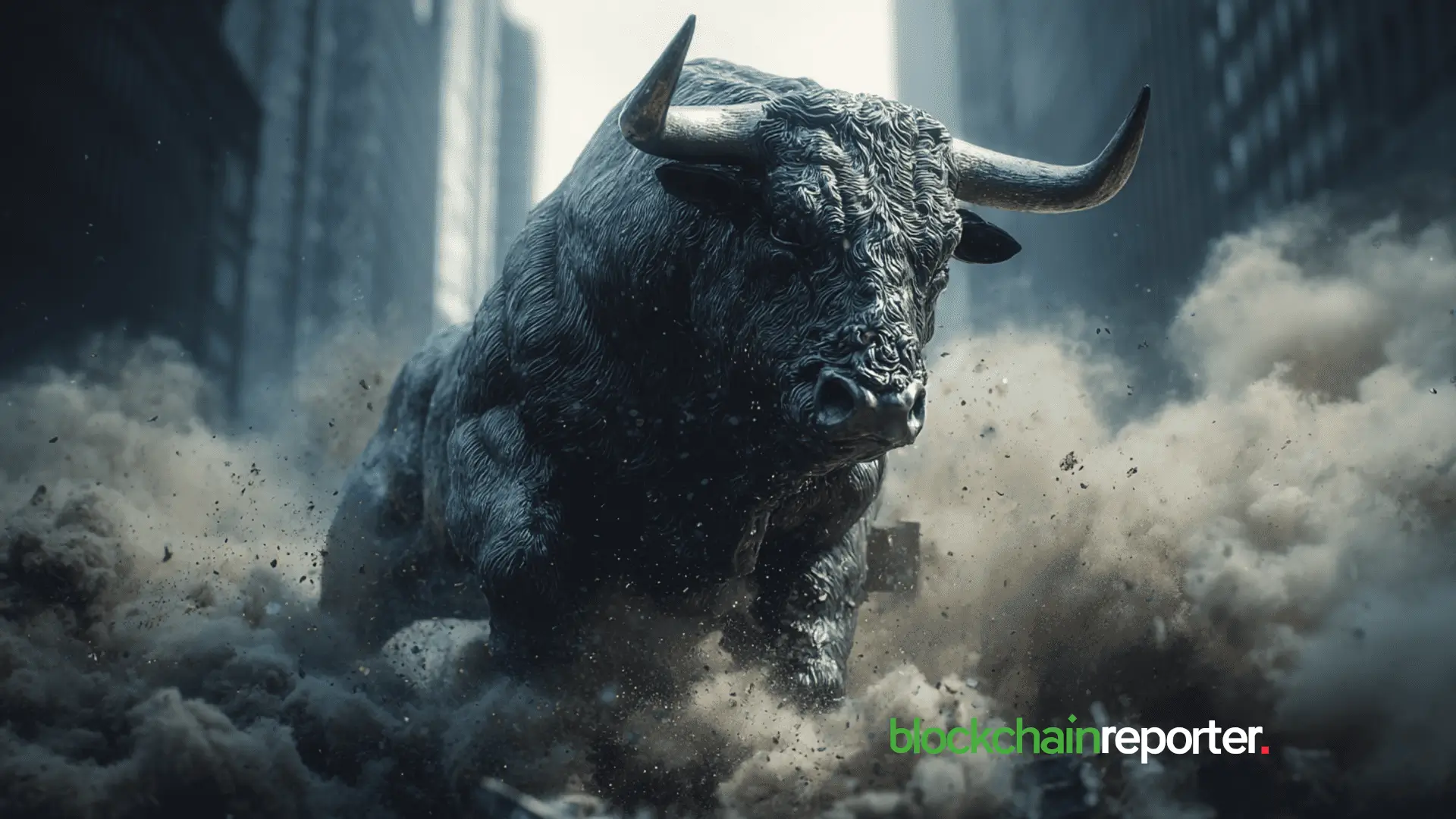What does Berkshire Hathaway’s record $381.7B cash hoard signal to the market?
Warren Buffett’s Berkshire Hathaway is sitting on a mountain of cash, and that pile has never been higher.
By the end of September, the Omaha-based conglomerate held $381.7 billion in cash and equivalents, accounting for more than 30% of its total assets, the largest proportion in at least three decades.
The figure shows Buffett’s growing wariness toward a market he views as overheated and short on value.
The “Oracle of Omaha” has always preferred patience to speculation, but his latest cash build-up is remarkable even by his conservative standards.
With Buffett set to step down as CEO at the end of the year, his decision to keep Berkshire’s wallet firmly shut is being closely read as a signal about both market valuations and his confidence in his successor, Greg Abel.
A reluctance to buy in an overvalued market
Buffett has long cautioned against chasing returns in frothy markets, and recent trends appear to justify his caution.
The Buffett Indicator, which compares total US stock market capitalization to gross domestic product, has surged above 220%, far beyond the “playing with fire” threshold of 200% that Buffett once warned about.
Despite the artificial intelligence boom lifting major tech stocks to record highs, Buffett has largely avoided joining the rally.
Berkshire’s once-massive Apple stake has been significantly reduced, and the company has been a net seller of equities for 12 consecutive quarters.
In the third quarter alone, Berkshire sold roughly $6 billion worth of stock while refraining from share buybacks for a fifth straight quarter.
Buffett’s aversion to the current market extends beyond technology.
With valuations stretched across sectors and Treasury yields hovering around 4%, he appears to favor the safety and flexibility of cash over stretching for returns.
As one of history’s most disciplined value investors, Buffett’s message seems clear: opportunities are scarce, and patience is a virtue.
Echoes of 2005: caution before a storm
This isn’t the first time Buffett has built up a war chest.
In 2005, Berkshire’s cash holdings climbed to about 25% of assets, just two years before the global financial crisis.
Critics then accused him of being too cautious and missing out on gains in the next 2 years, but his conservatism allowed him to deploy capital aggressively when markets crashed, scooping up quality assets at bargain prices.
While today’s market backdrop is different, Buffett’s strategy remains consistent: hold fire when prices are high, and strike when value reappears.
Analysts note that Berkshire’s cash reserves don’t necessarily signal that Buffett expects a market crash, but rather that he’s struggling to find attractively priced investments amid inflated valuations and narrow market leadership dominated by a handful of mega-cap tech names.
Patience, not panic: the power of optionality
The buildup of Berkshire’s record cash pile reflects a broader reality: there are few bargains left in the market.
With the S&P 500’s Shiller CAPE ratio at 40x, its second-highest level in 150 years, Buffett’s decision to wait for better entry points appears prudent.
The Shiller CAPE ratio measures stock valuations by comparing current prices to inflation-adjusted average earnings over the past ten years, helping smooth out short-term market fluctuations.
By holding cash and ultra-safe Treasuries, Berkshire maintains the flexibility to act decisively when opportunities arise.
Buffett’s cautious positioning may frustrate investors hoping for higher returns in the short term, but history suggests his patience often pays off.
For the average investor, the takeaway is not to mimic Buffett’s moves exactly but to embrace his mindset: stay diversified, avoid excessive leverage, and keep some dry powder ready.
In markets driven by euphoria, restraint can be the most profitable move of all.
The post What does Berkshire Hathaway’s record $381.7B cash hoard signal to the market? appeared first on Invezz
You May Also Like

Privacy Coins Rally Driven by Technicals, Narrative

‘Survival Mode’ Activated: Bitcoin Miners Struggle As Hashprice Collapses
